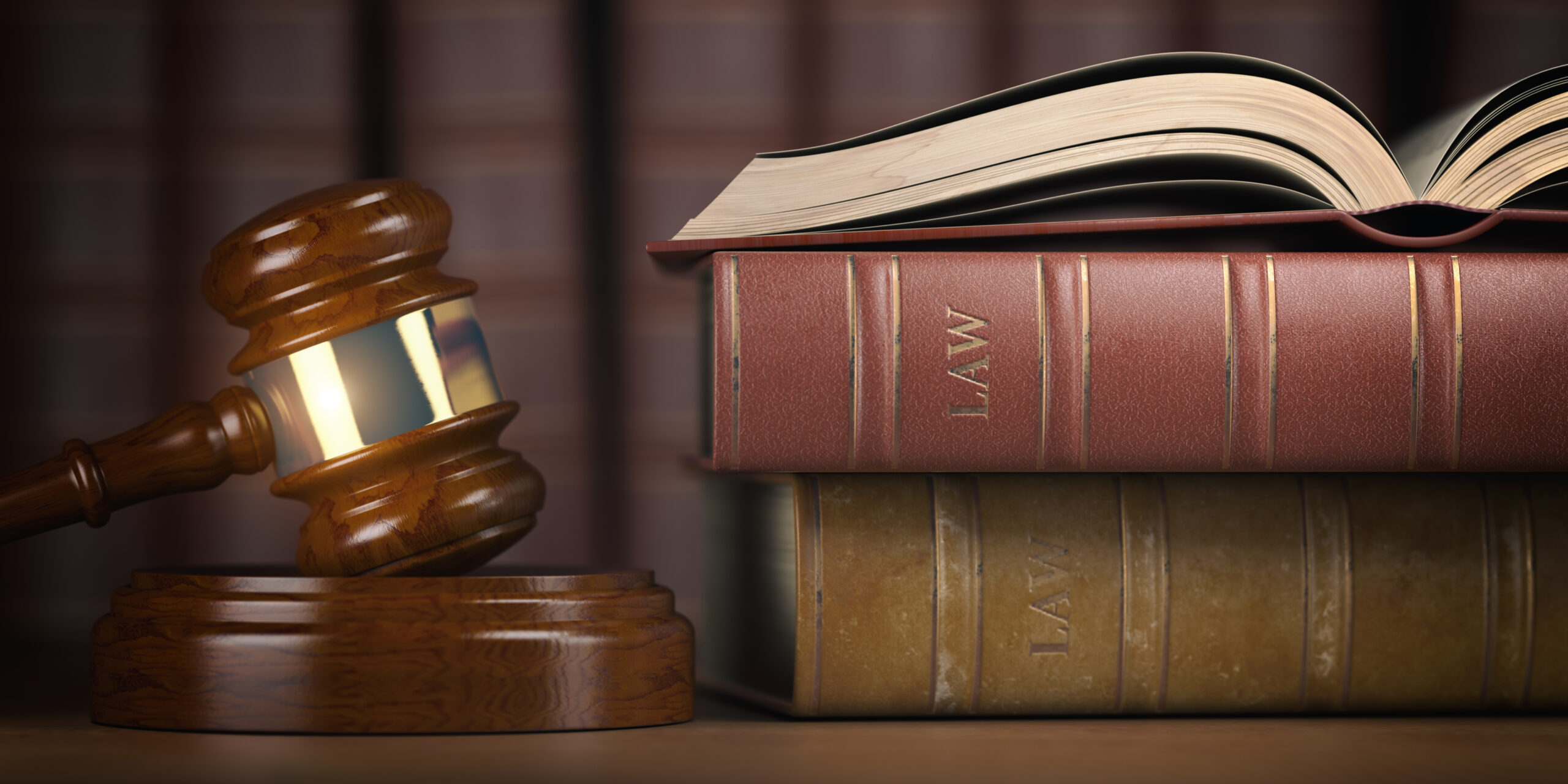Navigating the Appeals Process: The Role of Circuit Courts in Cases Involving District Federal Courts – Judge Charles Burns

Introduction:
The federal court system in the United States comprises a hierarchical structure, with distinct roles assigned to different levels of courts. Cases originating in the district federal courts, also known as U.S. District Courts, may proceed to higher courts through the appeals process. In this article, we will explore the role of the circuit courts in handling cases involving district federal courts, highlighting the appeals process, the significance of circuit courts, and their impact on the federal judiciary. Judge Charles Burns thoughts are:
Appeals Process and Circuit Courts:
- U.S. District Courts: District federal courts are trial courts that handle a wide range of cases, including civil and criminal matters, within their specific geographical jurisdictions. District court judges are responsible for presiding over trials, making factual determinations, and rendering initial judgments.
- Appeals to Circuit Courts: If a party is dissatisfied with the outcome of a case in a U.S. District Court, they have the right to appeal the decision to a higher court. The next level in the federal court system is the circuit courts, also known as U.S. Courts of Appeals.
- Circuit Court Jurisdiction: The United States is divided into thirteen judicial circuits, each encompassing multiple states or territories. Each circuit court has appellate jurisdiction over the district courts within its respective circuit. These circuit courts primarily review decisions made by the district courts to ensure the correct application and interpretation of federal law.
Role and Function of Circuit Courts:
- Appellate Review: The primary role of circuit courts is to review appeals from district court decisions. Circuit court judges assess whether errors were made in applying the law, interpreting the facts, or violating constitutional rights. They do not retry the case or re-examine the evidence; instead, they focus on legal arguments and procedural issues.
- Legal Precedent and Uniformity: Circuit court decisions establish legal precedents within their respective circuits. These precedents help guide lower courts within the same circuit in making consistent and fair decisions, promoting uniformity in the interpretation and application of federal laws.
- Panel of Judges: Circuit courts typically consist of a panel of judges, usually three or more, who hear and decide on appeals. The judges consider the arguments presented by the parties, review the record from the district court proceedings, and render a decision based on the applicable law.
- Appeals to the Supreme Court: If a party remains dissatisfied with the circuit court’s decision, they may petition the U.S. Supreme Court to review the case. The Supreme Court has discretion in accepting cases and primarily focuses on issues of national importance, legal conflicts among circuits, or cases involving constitutional questions.
Importance of Circuit Courts:
- Ensuring Legal Accuracy: Circuit courts play a vital role in the appeals process by providing an opportunity to correct legal errors made in district court decisions. Their review helps maintain the accuracy and consistency of federal law application, ensuring fairness and justice within their respective circuits.
- Binding Precedents: Circuit court decisions establish binding precedents within their circuits. These precedents shape the interpretation and application of federal law in subsequent cases, providing guidance to district courts and promoting predictability and consistency in the legal system.
- Caseload Management: Circuit courts help manage the caseload of the Supreme Court. By providing a level of review before cases potentially reach the highest court, circuit courts contribute to an efficient and manageable judicial process.
Conclusion:
Circuit courts, as part of the federal court system, play a crucial role in the appeals process for cases originating in district federal courts. Their review of district court decisions ensures the accurate application and interpretation of federal law within their respective circuits. Circuit court decisions establish precedents, provide guidance to lower courts, and help shape the overall development of federal law. Understanding the role and function of circuit courts is essential for navigating the federal judicial system and upholding the principles of fairness and justice in the United States.








